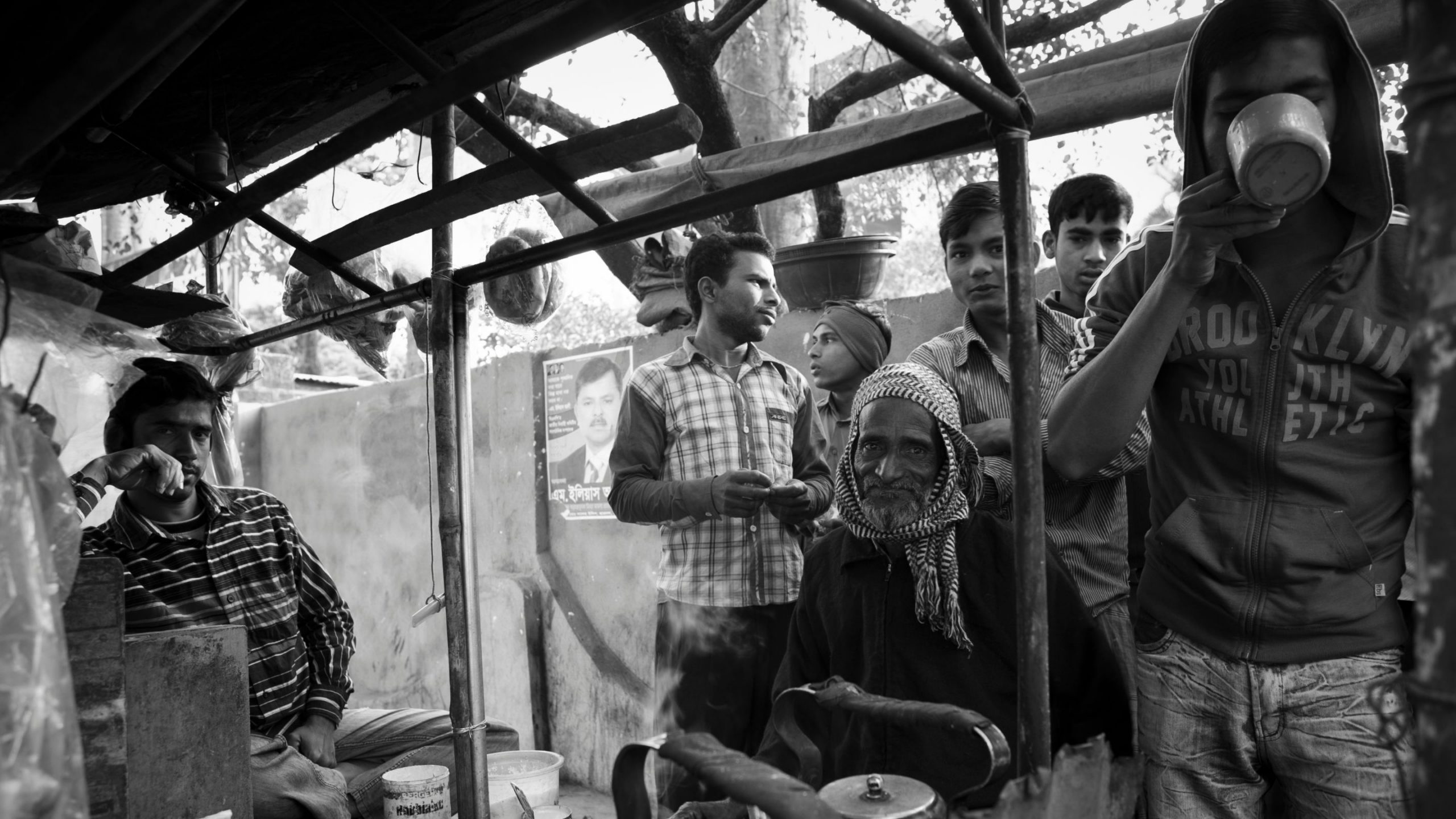
NURSING EDUCATION IN BANGLADESH
Empowering Students in the Clinical Setting
While serving as an international volunteer at a nursing college in Dhaka Bangladesh, I taught medical-surgical nursing to some twenty relatively junior students. We had difficulty finding good hospitals for clinical practice, so we were using a small private hospital where at least the management was trying to do a better job.
“I would like to give the nurses more training,” said the hospital owner, “But as soon as they gain a little more skill, they quit my hospital and go to work somewhere else for a tiny bit more money.” It’s not hard to see where this conversation would lead, especially since most of the “nurses” working there were women in white coats who had almost no nurse education. Even where hospitals did hire qualified nurses, the quality of practice was often so poor that doctors did not even trust the nurses to take vital signs properly. All the same, we did our best to work with the friendly administration at this hospital to try to make things a bit better for patients through the supervised care by our students.
Towards the end of the course, the students experienced a very upsetting situation during their hospital practice. Most of the doctors working there had busy private practices outside and spent little time in the hospital. One physician decided that an elderly male patient was not responding to treatment and he told the staff to send the man home to die. The staff put the patient on a bare gurney, which they wheeled into a dark corridor, where they left him for several hours completely unattended before relatives could be notified and make preparations to take him home. Two of our students working on that ward saw the situation but could do little about it.
Understandably, all our students were terribly upset by this inhumane treatment, which we discussed in our “debriefing” session at the end of the day. (That was also the first time I heard about the problem.) When we all arrived for class the next morning, they were still very upset and angry, so I abandoned my planned lecture. We spent the entire class discussing what was wrong, what could have been done differently and, most importantly, what they could do to prevent similar situations. This was an opportunity to discuss assessment and the stages of dying, nursing management of physical symptoms and respectful care of patient and family at the end of life.
The ethical situation led to the students’ anger at the callous treatment by the staff and their own feelings of powerlessness and distress. They debated potential responses, finally deciding to write a letter to the hospital administration describing what had occurred and how dying patients could be better cared for. My role was to help them write the letter in a professional way so that it would be seen as constructive. I was worried that this might compromise our practice arrangements, which – although poor – were still better than nothing. Fortunately, the hospital owner was open to the feedback.
These situations and others like them were commonplace. We had developed our curriculum based on “international practice” as described in evidence-based textbooks. As we discovered, however, the most powerful learning opportunities sometimes developed from the worst clinical situations. Teaching student nurses “soft skills” is an essential part of forming professional identity and developing resilience without losing compassion. From this experience, we created in all our courses critical thinking exercises based on realistic scenarios about patient care that required not only technical knowledge but also ethical reasoning and communication skills.

Alex Berland
Author
Share this post
Nurses International is a non-profit entirely focused on helping nurses obtain the education and the support they need to make a difference in developing nations worldwide.
We connect colleges and institutions with experts who can take their nursing programs to the next level. We help establish new nursing programs where they’re needed most. And we eliminate the barriers that stand between students and education.
QUICK LINKS
CONTACT US
FOLLOW US
EIN: 46-4502500